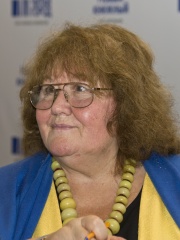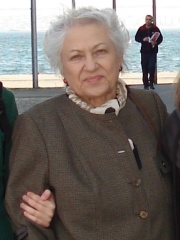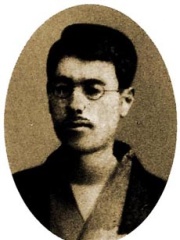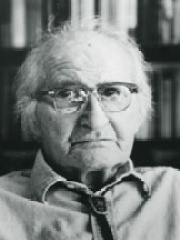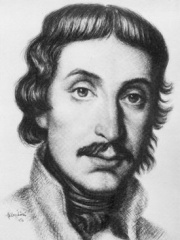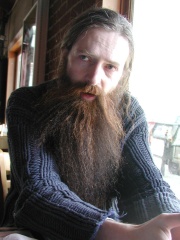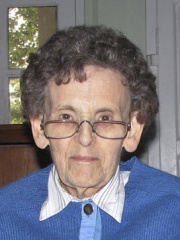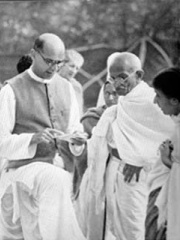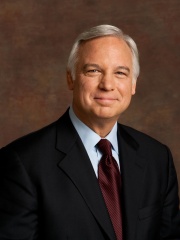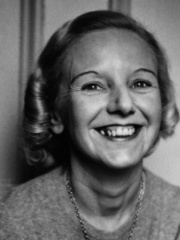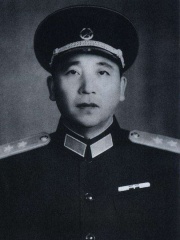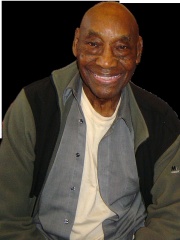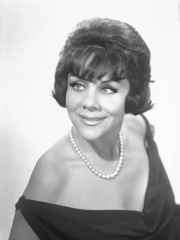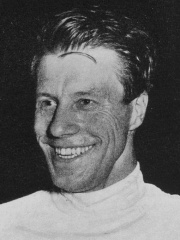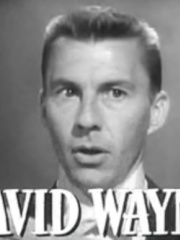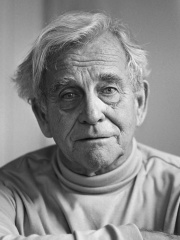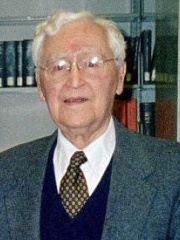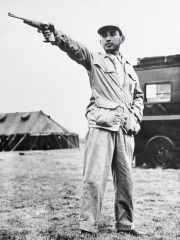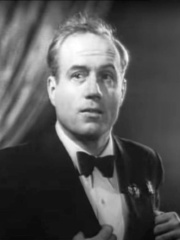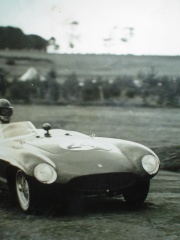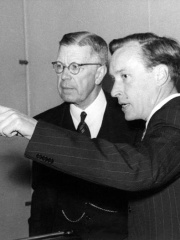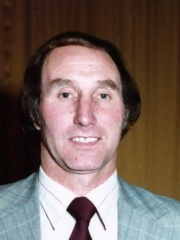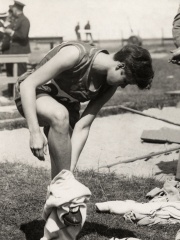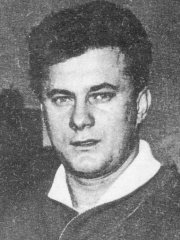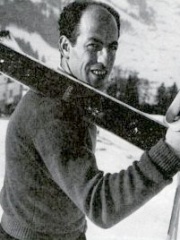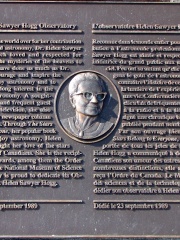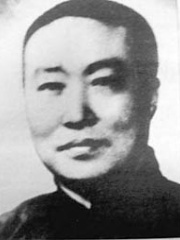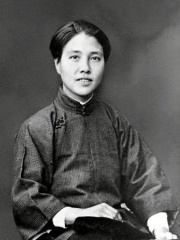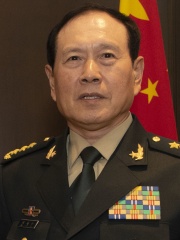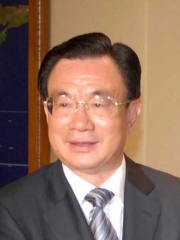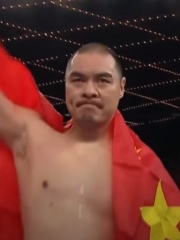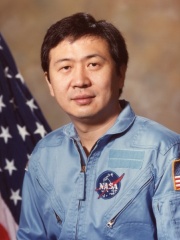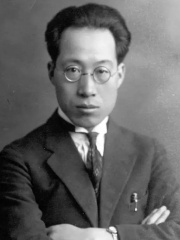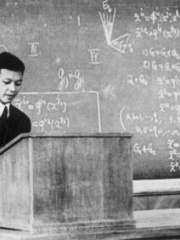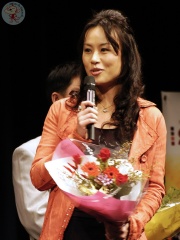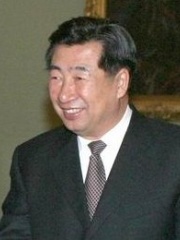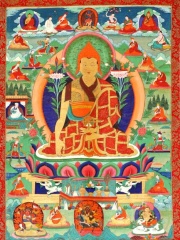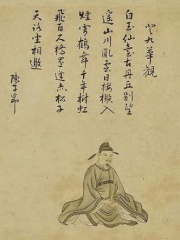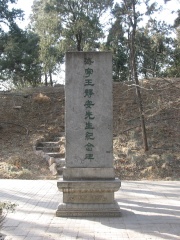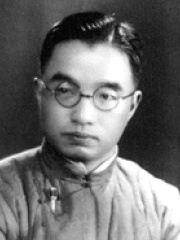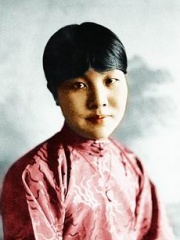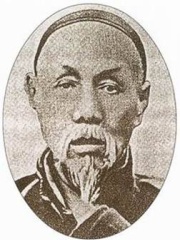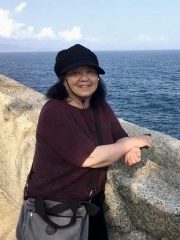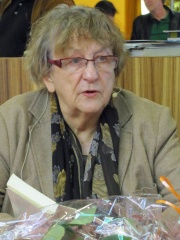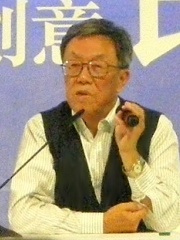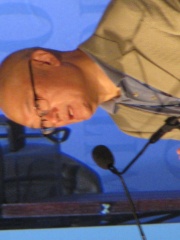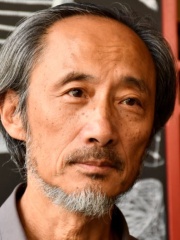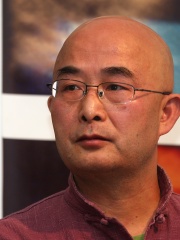WRITER
John Hersey
1914 - 1993
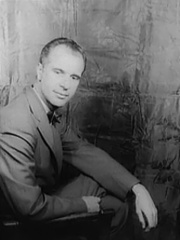
 John Hersey
John Hersey
John Richard Hersey (June 17, 1914 – March 24, 1993) was an American writer and journalist. He is considered one of the earliest practitioners of the so-called New Journalism, in which storytelling techniques of fiction are adapted to non-fiction reportage. In 1999, Hiroshima, Hersey's account of the aftermath of the atomic bomb dropped on Hiroshima, Japan, was adjudged the finest work of American journalism of the 20th century by a 36-member panel associated with New York University's journalism department. Read more on Wikipedia
His biography is available in 26 different languages on Wikipedia (up from 24 in 2024). John Hersey is the 5,276th most popular writer (down from 4,923rd in 2024), the 922nd most popular biography from China (down from 906th in 2019) and the 110th most popular Chinese Writer.
Memorability Metrics
Page views of John Hersey by language
Among WRITERS
Among writers, John Hersey ranks 5,276 out of 7,302. Before him are Viktoriya Tokareva, Hans Christian Branner, José Luandino Vieira, Leyla Erbil, Kitamura Tokoku, and Henry Roth. After him are Mihály Csokonai, Aubrey de Grey, Elizabeth Hawley, Mahadev Desai, Jack Canfield, and Anna Kavan.
Most Popular Writers in Wikipedia
Go to all RankingsViktoriya Tokareva
1937 - Present
HPI: 54.99
Rank: 5,270
Hans Christian Branner
1903 - 1966
HPI: 54.99
Rank: 5,271
José Luandino Vieira
1935 - Present
HPI: 54.99
Rank: 5,272
Leyla Erbil
1931 - 2013
HPI: 54.98
Rank: 5,273
Kitamura Tokoku
1868 - 1894
HPI: 54.98
Rank: 5,274
Henry Roth
1906 - 1995
HPI: 54.98
Rank: 5,275
John Hersey
1914 - 1993
HPI: 54.98
Rank: 5,276
Mihály Csokonai
1773 - 1805
HPI: 54.98
Rank: 5,277
Aubrey de Grey
1963 - Present
HPI: 54.97
Rank: 5,278
Elizabeth Hawley
1923 - 2018
HPI: 54.96
Rank: 5,279
Mahadev Desai
1892 - 1942
HPI: 54.96
Rank: 5,280
Jack Canfield
1944 - Present
HPI: 54.95
Rank: 5,281
Anna Kavan
1901 - 1968
HPI: 54.95
Rank: 5,282
Contemporaries
Among people born in 1914, John Hersey ranks 321. Before him are Qin Jiwei, David Carstens, Frankie Manning, Amelia Bence, Sven Fahlman, and Georgy Babakin. After him are Alessandro Frigerio, Claude Mauriac, David Wayne, Zdeněk Škrland, Jan de Hartog, and Bruce M. Metzger. Among people deceased in 1993, John Hersey ranks 216. Before him are Edwin Vásquez, Ivan Kozlovsky, Jean Cau, Joe Kelly, Bengt Edlén, and Tony Barton. After him are Margarita Nikolaeva, Marjorie Clark, Janusz Sidło, Zeno Colò, Helen Sawyer Hogg, and Francisco Rúa.
Others Born in 1914
Go to all RankingsQin Jiwei
POLITICIAN
1914 - 1997
HPI: 55.11
Rank: 315
David Carstens
BOXER
1914 - 1955
HPI: 55.11
Rank: 316
Frankie Manning
DANCER
1914 - 2009
HPI: 55.09
Rank: 317
Amelia Bence
ACTOR
1914 - 2016
HPI: 55.07
Rank: 318
Sven Fahlman
ATHLETE
1914 - 2003
HPI: 55.05
Rank: 319
Georgy Babakin
ENGINEER
1914 - 1971
HPI: 54.98
Rank: 320
John Hersey
WRITER
1914 - 1993
HPI: 54.98
Rank: 321
Alessandro Frigerio
SOCCER PLAYER
1914 - 1979
HPI: 54.97
Rank: 322
Claude Mauriac
WRITER
1914 - 1996
HPI: 54.84
Rank: 323
David Wayne
ACTOR
1914 - 1995
HPI: 54.79
Rank: 324
Zdeněk Škrland
ATHLETE
1914 - 1996
HPI: 54.79
Rank: 325
Jan de Hartog
WRITER
1914 - 2002
HPI: 54.78
Rank: 326
Bruce M. Metzger
RELIGIOUS FIGURE
1914 - 2007
HPI: 54.78
Rank: 327
Others Deceased in 1993
Go to all RankingsEdwin Vásquez
ATHLETE
1922 - 1993
HPI: 55.35
Rank: 210
Ivan Kozlovsky
SINGER
1900 - 1993
HPI: 55.33
Rank: 211
Jean Cau
WRITER
1925 - 1993
HPI: 55.31
Rank: 212
Joe Kelly
RACING DRIVER
1913 - 1993
HPI: 55.27
Rank: 213
Bengt Edlén
PHYSICIST
1906 - 1993
HPI: 55.19
Rank: 214
Tony Barton
SOCCER PLAYER
1937 - 1993
HPI: 55.14
Rank: 215
John Hersey
WRITER
1914 - 1993
HPI: 54.98
Rank: 216
Margarita Nikolaeva
GYMNAST
1935 - 1993
HPI: 54.98
Rank: 217
Marjorie Clark
ATHLETE
1909 - 1993
HPI: 54.95
Rank: 218
Janusz Sidło
ATHLETE
1933 - 1993
HPI: 54.93
Rank: 219
Zeno Colò
SKIER
1920 - 1993
HPI: 54.85
Rank: 220
Helen Sawyer Hogg
ASTRONOMER
1905 - 1993
HPI: 54.81
Rank: 221
Francisco Rúa
SOCCER PLAYER
1911 - 1993
HPI: 54.69
Rank: 222
In China
Among people born in China, John Hersey ranks 922 out of 1,610. Before him are Zhang Shichuan (1890), Xiang Jingyu (1895), Qin Jiwei (1914), Wei Fenghe (1954), He Guoqiang (1943), and Nina Li Chi (1961). After him are Zhang Zhilei (1983), Taylor Wang (1940), Yang Zhongjian (1897), Gu Chaohao (1926), Vivian Wu (1966), and Hui Liangyu (1944).
Others born in China
Go to all RankingsZhang Shichuan
FILM DIRECTOR
1890 - 1954
HPI: 55.14
Rank: 916
Xiang Jingyu
POLITICIAN
1895 - 1928
HPI: 55.14
Rank: 917
Qin Jiwei
POLITICIAN
1914 - 1997
HPI: 55.11
Rank: 918
Wei Fenghe
POLITICIAN
1954 - Present
HPI: 55.11
Rank: 919
He Guoqiang
POLITICIAN
1943 - Present
HPI: 55.08
Rank: 920
Nina Li Chi
ACTOR
1961 - Present
HPI: 55.03
Rank: 921
John Hersey
WRITER
1914 - 1993
HPI: 54.98
Rank: 922
Zhang Zhilei
BOXER
1983 - Present
HPI: 54.95
Rank: 923
Taylor Wang
ASTRONAUT
1940 - Present
HPI: 54.95
Rank: 924
Yang Zhongjian
BIOLOGIST
1897 - 1979
HPI: 54.94
Rank: 925
Gu Chaohao
MATHEMATICIAN
1926 - 2012
HPI: 54.86
Rank: 926
Vivian Wu
ACTOR
1966 - Present
HPI: 54.85
Rank: 927
Hui Liangyu
POLITICIAN
1944 - Present
HPI: 54.82
Rank: 928
Among WRITERS In China
Among writers born in China, John Hersey ranks 110. Before him are Taranatha (1575), Chen Zi'ang (661), Wang Guowei (1877), Zhu Ziqing (1898), Bing Xin (1900), and Lin Shu (1852). After him are Fang Fang (1955), Ingrid Noll (1935), Wang Meng (1934), Ha Jin (1956), Ma Jian (1953), and Liao Yiwu (1958).
Taranatha
1575 - 1634
HPI: 56.56
Rank: 104
Chen Zi'ang
661 - 702
HPI: 56.42
Rank: 105
Wang Guowei
1877 - 1927
HPI: 56.35
Rank: 106
Zhu Ziqing
1898 - 1948
HPI: 56.05
Rank: 107
Bing Xin
1900 - 1999
HPI: 55.85
Rank: 108
Lin Shu
1852 - 1924
HPI: 55.58
Rank: 109
John Hersey
1914 - 1993
HPI: 54.98
Rank: 110
Fang Fang
1955 - Present
HPI: 54.69
Rank: 111
Ingrid Noll
1935 - Present
HPI: 54.54
Rank: 112
Wang Meng
1934 - Present
HPI: 54.27
Rank: 113
Ha Jin
1956 - Present
HPI: 53.71
Rank: 114
Ma Jian
1953 - Present
HPI: 53.32
Rank: 115
Liao Yiwu
1958 - Present
HPI: 52.70
Rank: 116
